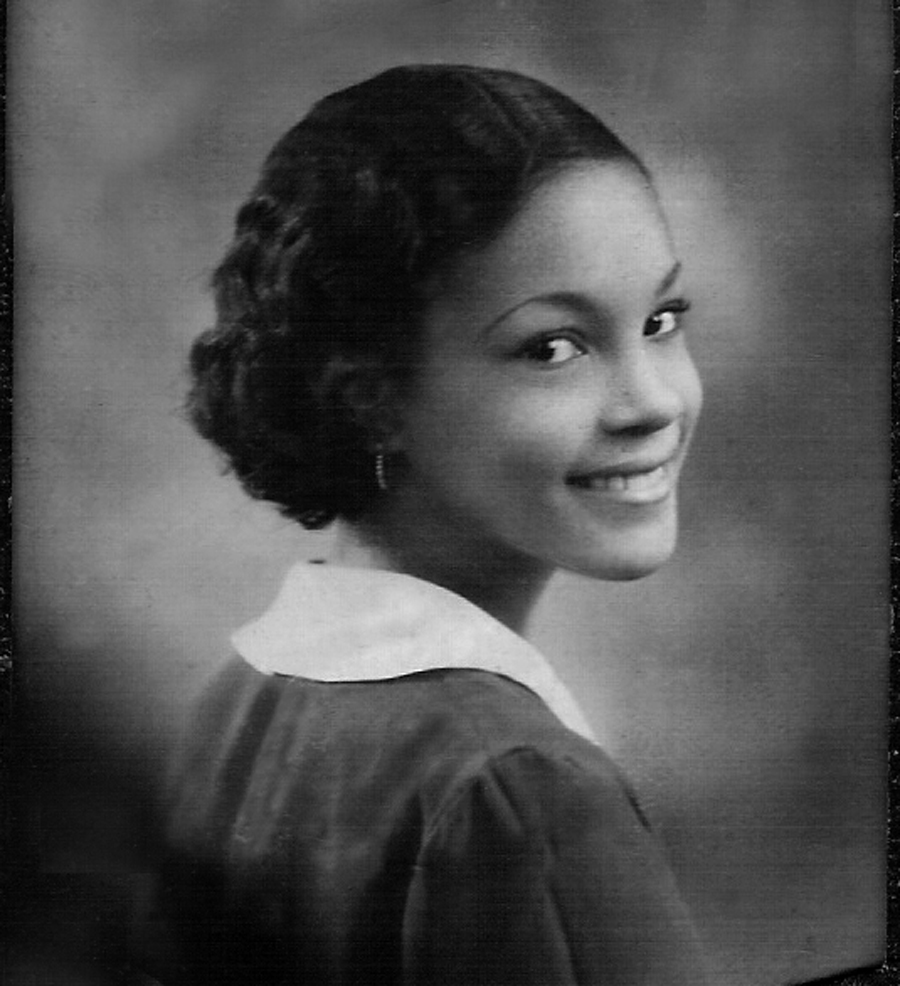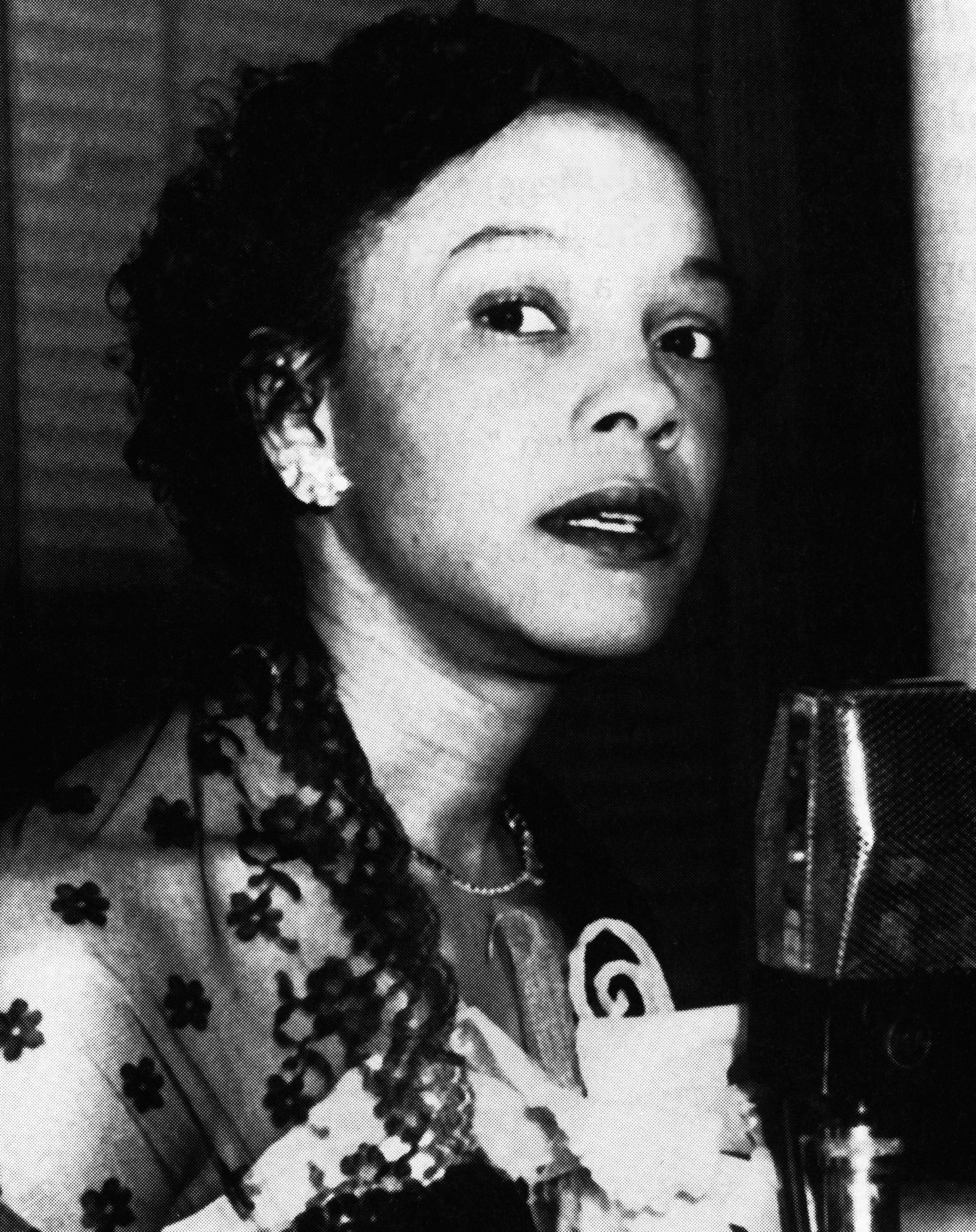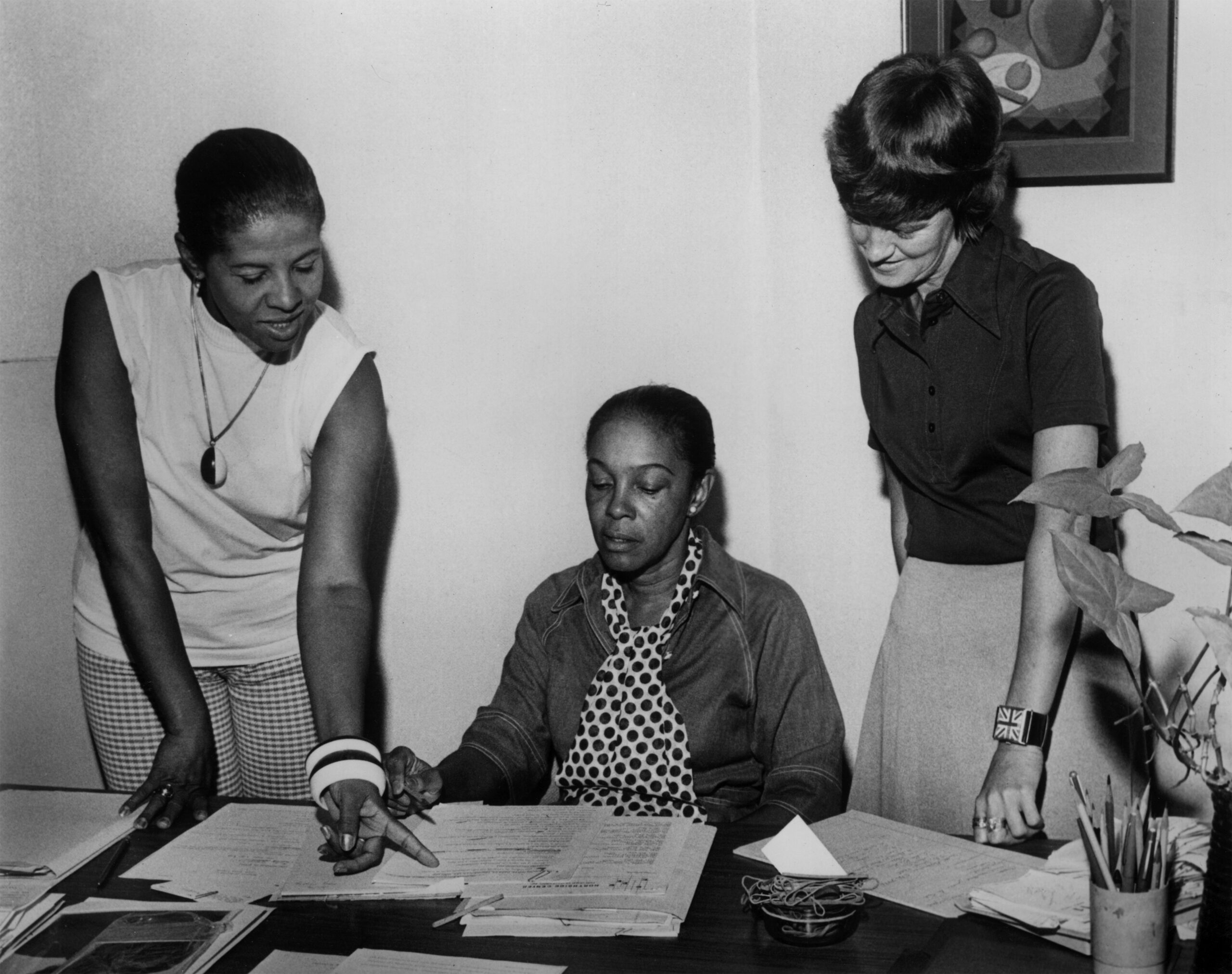What a Woman Ought to Be: The Legacy of Dr. Mamie Phipps Clark
In an era when both parents had to work in most African American families, Dr. Harold Phipps was able to support his family of four, including young daughter Mamie, through his medical practice and a side position as manager of a vacation resort in Arkansas. With her father succeeding as a African American professional raising a family in the segregated south, Mamie recalled the contradiction of living a comfortable middle class life and still being limited by race.
This middle class foundation allowed Mamie Phipps to attain impressive educational accomplishments, even if measured by today’s standards. She received her bachelor’s and master’s degrees in psychology from Howard University in Washington, D.C. and her doctoral degree at Columbia University in New York.



Though she was 16 years old when she first entered Howard, and initially intended a major in mathematics, she was influenced by professors who dismissed the idea of women as mathematicians into abandoning the field. She turned instead to psychology, impressed with her future husband’s enthusiasm for the subject. Upon completion of her degree and the couple’s marriage in 1938, Mamie Clark assimilated into Columbia University’s almost fully segregated student body. Here she obtained a Ph.D. in a field dominated by white men and broke the glass ceiling submerging female psychologists at that time.
Mamie worked briefly as secretary to Charles Hamilton Houston, noteworthy African American lawyer, dean of Howard University’s Law School and legal defense counsel for the NAACP, before returning to Howard as a university fellow for her master’s degree. At this point she became interested in what would become the underlying theme for both Clarks’ research and work as psychologists: the early point at which African American children became aware that they were in fact black.
Through psychological testing using dolls, Mamie found that at age three, segregation had a negative effect on African American children’s self-esteem. She intertwined the ideas of child development and racial prejudice well before psychological groundwork was used in politics, and her work provided the imperative foundation for the most well known case of psychological research influencing a Supreme Court decision: Brown v. Board of Education.



Mamie’s work both anticipated and inspired the couple’s interest in clinical child psychology, and after various under-stimulating jobs in the field, the couple founded the Northside Center for Child Development in Harlem in 1946 of which Mamie was the clear administrator. Here, psychological evaluation and aid was provided to minority children and adolescents as well as training for their parents.
Mamie Clark died from cancer in 1983 and although she remained the lesser-known component of the Clark research team, her professional explorations and significant personal demeanor should not be overlooked. Mamie continues to be the quintessential model of an African American woman who is fulfilled both professionally and personally. Her ideologies continue to be at the center of psychological and racial discussions today and her presence is cemented in history as an outstanding illustration of what a woman truly ought to be.

